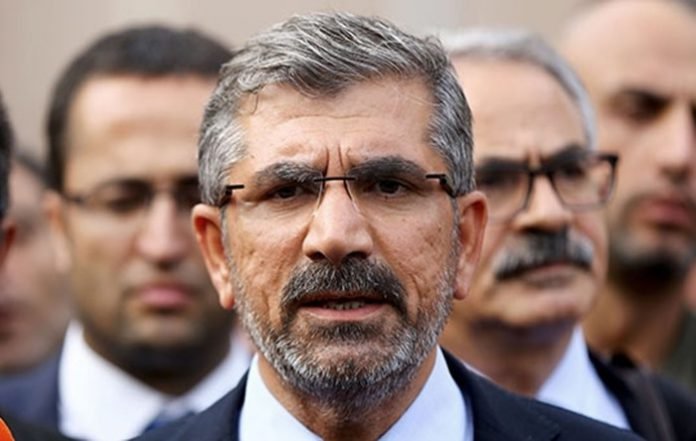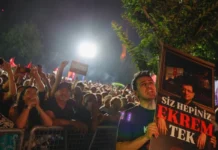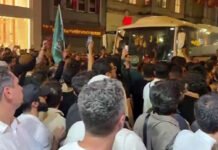A total of 33 NGOs from across the world have released a joint statement concerning the trial concerning the murder of prominent human rights lawyer Tahir Elçi, urging Turkish authorities to ensure justice through an effective criminal procedure.
Signatories included bar associations, lawyers groups and legal advocacy organizations from several countries, mostly located in Europe. Bar associations from Germany, France, Belgium and the Netherlands were among the undersigned organizations.
The statement called on Turkish authorities to bring those responsible for Elçi’s murder to justice, conduct the trial in compliance with international legal standards and take into consideration the requests made by the Elçi family regarding evidence and witnesses.
It also demanded an independent investigation into allegations that some witnesses were subjected to torture and ill-treatment.
The NGOs criticized some of the procedural issues in the case such as a 110-day delay in the crime scene investigation and refusal to treat three police officers who were present at the scene as suspects until the release of an independent report by the London-based Forensic Architecture.
The forensic report had concluded that an initial indictment pinning the blame on a Kurdish militant was not realistic and that Elçi was most likely killed by one of the police officers.
The joint NGO statement pointed out that the next hearing of the trial will be held on June 12 and that it is likely to be the last one.
Diyarbakır prosecutors have demanded prisons sentences of up to nine years for three police officers on charges of causing death by gross negligence, while the militant faces aggravated life for killing Elçi with probable intent and for attempting to kill a police officer.
Elçi, the former head of the Diyarbakır Bar Association, was killed in November 2015 while delivering a speech in the southeastern province of Diyarbakir during a clash between the Turkish police and members of the outlawed Kurdistan Workers’ Party (PKK).
Calling for a peace rally on what turned out to be the day of his death in Sur, a historic district of Diyarbakır, Elçi said he wanted no violence, war, destruction or armed operations in the area.
Turkey had blockaded Sur at the time as part of mass operations against the PKK, with Diyarbakir’s historic “four-legged minaret” damaged during the clashes. Elçi was shot to death in front of the minaret, where he was delivering his call for peace.
Leading an armed insurgency against the Turkish state since the 1980s, the PKK is designated as a terrorist group by Turkey and its Western allies.
Elçi received death threats in 2015 after stating that “the PKK is not a terrorist group. While some of its actions may be referred to as such, it is an armed political movement with significant support” during a live TV show on CNN Türk hosted by pro-government columnist Ahmet Hakan.
Elçi was briefly detained in November 2015 over remarks that sparked a wave of death threats against him. He was subsequently released pending trial and faced up to seven-and-a-half years in prison.















